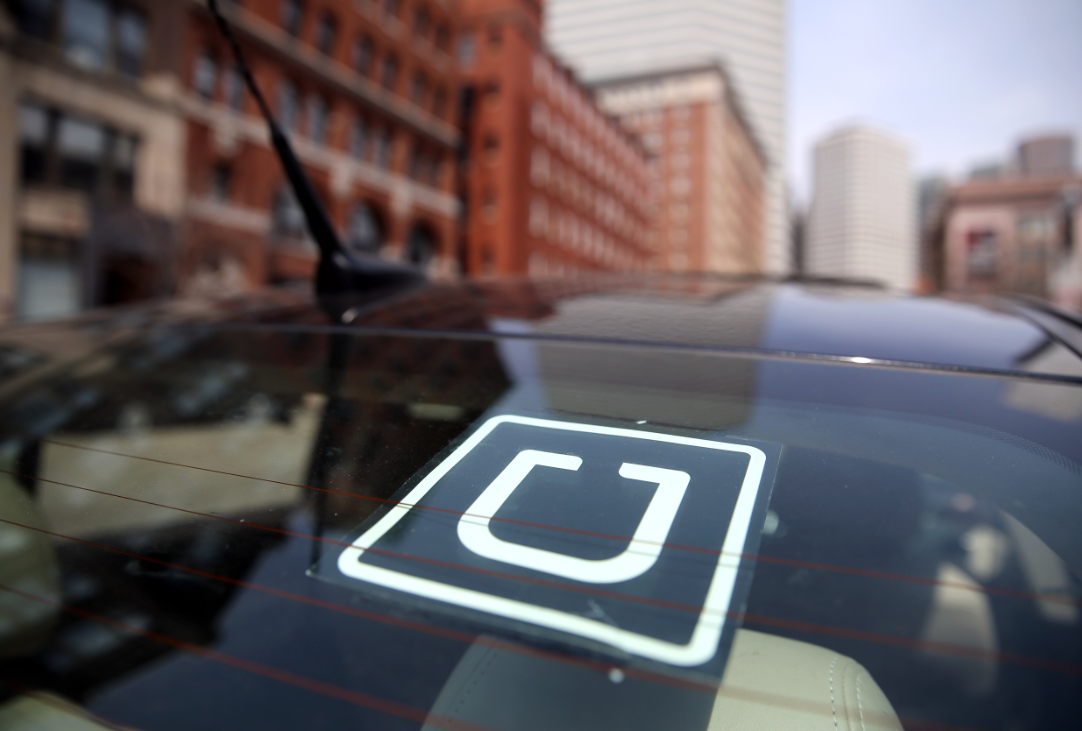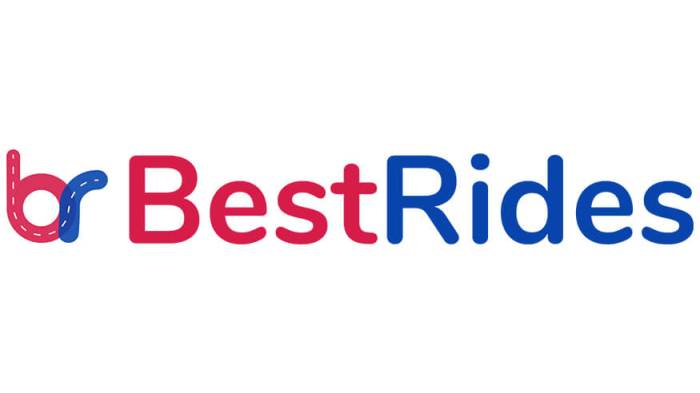Uber riders in eight states will see a rate hike as the ride-hailing company rolls out a pilot program that provides injury-protection insurance to drivers.
The program will be available in Massachusetts, Pennsylvania, West Virginia, South Carolina, Delaware, Illinois, Arizona and Oklahoma. Drivers there will have the opportunity, starting Tuesday, to buy injury-protection insurance through a partnership between Uber and insurance groups OneBeacon and Aon.
Gus Fuldner, head of safety and insurance at Uber, presented the pilot program Monday. He described it as a “first-of-its-kind product [that] provides drivers the option to obtain coverage for medical expenses resulting from a work-related accident with no deductible or co-pay,” according to an email sent by Uber public affairs.
The insurance also provides disability income replacement and survivor benefits.
Drivers are covered when they are logged in to the Uber app. The insurance premium costs $0.0375 per mile and is charged only on miles traveled while the driver was on a trip and earning money by carrying a passenger.
Uber assures that the insurance is completely optional. In the eight states where it’s currently available, the company will raise fares “across the board to help remove any financial barriers that may prevent drivers from choosing this option,” according to Uber.
Fares will be raised 5 cents-per-mile to cover the cost. The maximum payout from the insurance to cover a single accident is $1 million.
Uber said the pilot program is “the latest example of products designed to support the driver experience from end to end.”
The National Employment Law Project, a New York-based nonprofit that advocates for low-wage workers, disagreed.
“Uber’s latest attempt to shore up its faltering image is a lot like its other moves: another shakedown by a company that is becoming famous for taking advantage of workers, as well as regulators and customers,” Rebecca Smith, deputy director of NELP, said in a statement.
“Insurance is a good thing: Taxi jobs are among the most dangerous in the country, with five times the rate of death on the job as other occupations,” the statement continued. “But instead of paying workers’ compensation premiums to cover all of its workers, as responsible businesses do, Uber will charge drivers for the medical care and time-loss benefits that the rest of us get by virtue of working at a job. And though consumers are assured that they are paying for workers’ insurance, that will only be true for the drivers who opt in.”



















